The firm, which during the last decade pioneered the development of stripped out offices with exposed building services, is altering its model again to meet changing work patterns and staff demands.
Its next-generation model designs will feature ‘long-life loose-fit’ adaptable spaces, which boast higher ceilings and higher-spec ventilation.
Paul Williams, chief executive, said he believed the fundamentals supporting offices remained.
He said: “Companies still need to bring their staff together, for the collaboration that social interaction brings, to build culture, to attract and retain talent and to have a physical embodiment of their brand.
“There is no substitute for building relationships with colleagues and clients in person.
“That is fundamental to the recovery of the economy and to our wellbeing. We expect the benefits of having technology working better from home will be supplemented by relationship building as businesses across sectors get back into work and London’s villages come alive again.”
Williams added: “We will continue to adapt. More flexible working, heightened health and safety, more space required between desks and in communal areas all impacts the way in which we think about occupational density.
“As time progressed questions have been raised about office use and its role in business.
“We believe that this debate has highlighted workplace trends that were already in place which the pandemic has accelerated.
“For some time, occupiers have looked for more flexible, adaptable and increasingly higher quality and ‘greener’ space.
“As part of our planning and design, in conversation with business, with architects and with local authorities, we are focused on ‘long-life loose-fit’ adaptable spaces and wellness factors that can enable people to meet together in larger common areas, with higher ceilings and better air quality and ventilation.”
Williams said in the war on attracting talent, employees would increasingly favour well-designed modern office space that provided good amenity and promoted wellbeing.
He added: “We think our focus on progressive design, our wide range of leases, customer focus, flexible approach and early adoption of our Net Zero Carbon Pathway to 2030 leaves us well placed to meet the continually changing office demand.”
Derwent also confirmed it was continuing to progress its largest pipeline office scheme at 19-35 Baker Street in London.
Work is still expected to start on the 293,000 sq ft mixed-use development in the second half of 2021.
Its other major consented project at Holden House in Oxford Street will be delayed given the current uncertainties in the retail market.





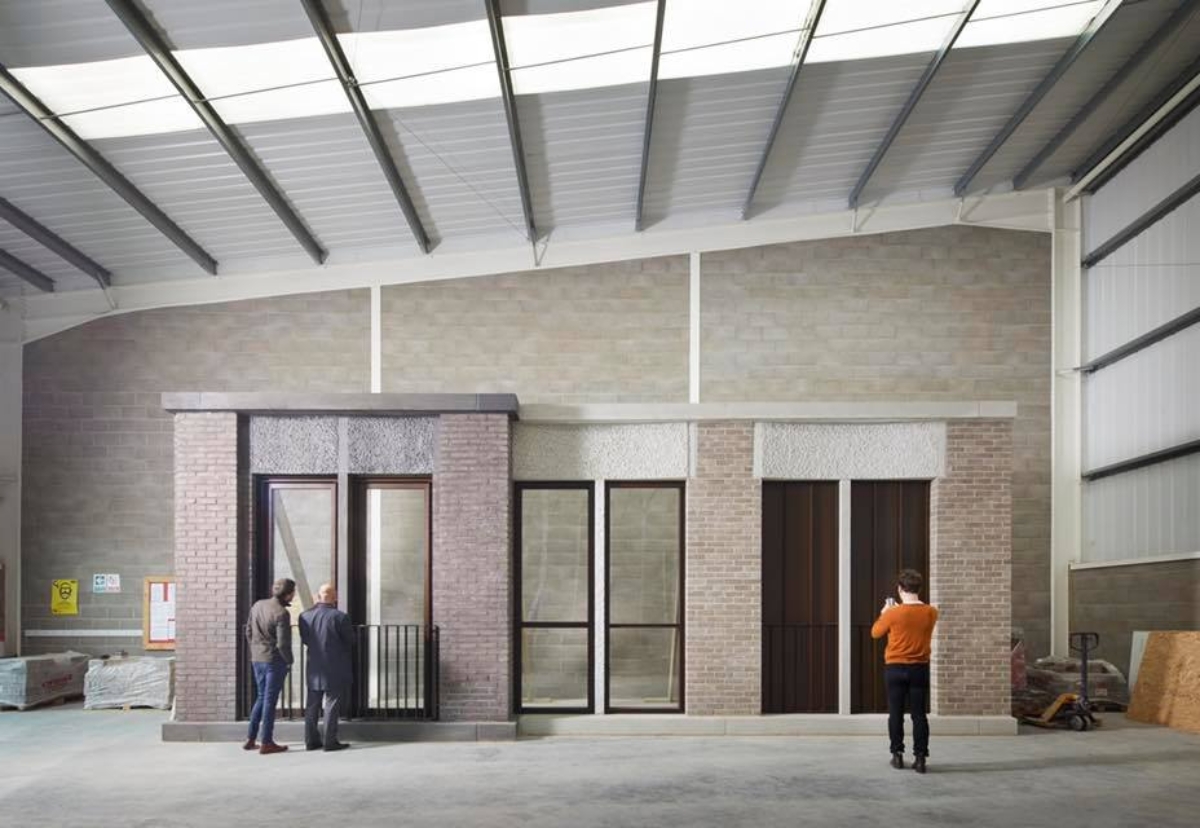










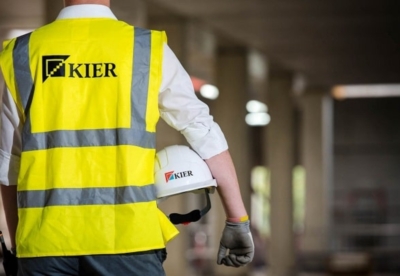





















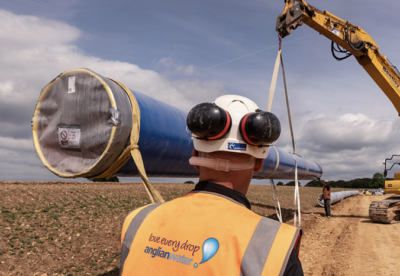


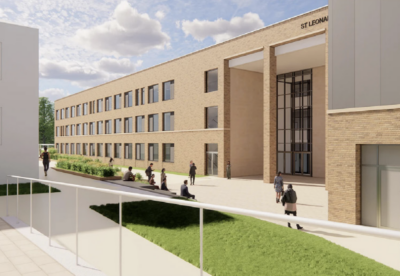





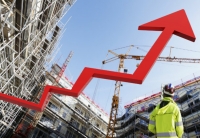










.gif)